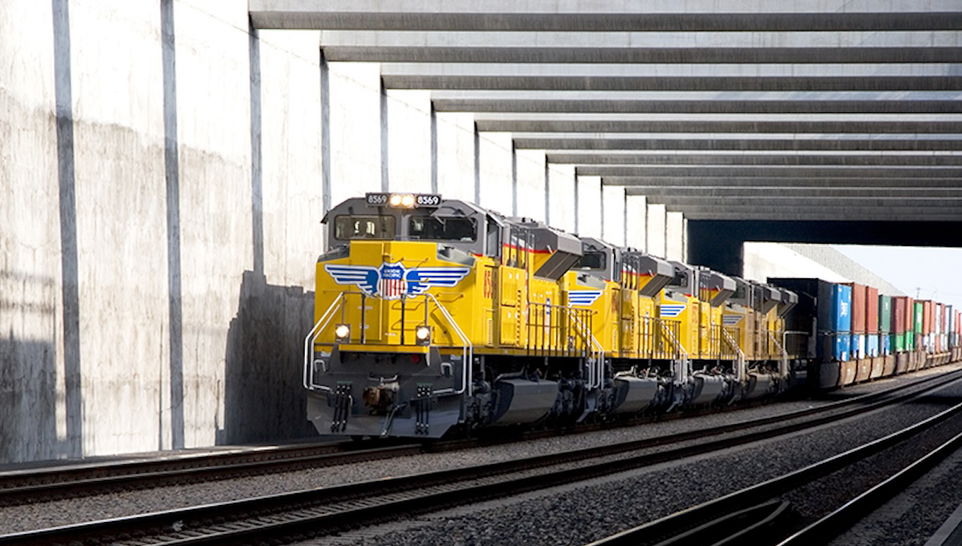A monumental shift is on the horizon for the American transportation landscape, poised to redefine freight logistics and enhance market reach for key economic hubs. The proposed acquisition of Norfolk Southern by Union Pacific promises to forge the nation’s first true transcontinental freight railroad, a development with profound implications for the efficiency and competitiveness of the Port of Los Angeles, a vital gateway for global commerce.
This transformative railroad merger aims to create a seamless network stretching across the continent, directly impacting the flow of US cargo. By eliminating intermediary handoffs and streamlining operations, the combined entity is expected to significantly improve transit times and reliability, fostering a more robust national supply chain. This strategic consolidation underscores a commitment to maximizing the utility of existing infrastructure while opening doors to previously underserved markets.
Central to this ambitious plan is the optimization of the Alameda Corridor in Los Angeles, a crucial below-grade rail freight route that has been historically underutilized. Enhanced intermodal transport capabilities through this corridor will enable more efficient movement of goods from the West Coast container hub to populous regions east of the Mississippi, boosting efficiency and reducing transit bottlenecks that have challenged the supply chain.
The benefits of this consolidation extend far beyond reduced paperwork and improved digital technology. Major markets such as Chicago, Memphis, and Dallas, which currently receive significant intermodal volume, stand to gain from quicker, more streamlined service. Furthermore, secondary and tertiary markets including Kansas City, Denver, and Salt Lake City are expected to become more accessible, fostering economic growth across diverse regions.
Port of Los Angeles Executive Director Gene Seroka has emphasized the vast opportunities presented by this historic rail agreement, highlighting its potential to restore Los Angeles’s leading position in transcontinental cargo transport. He envisions a higher level of service offering that can attract discretionary cargo, reversing a trend of diversification to other coastal ports that has occurred over the past decades, solidifying the port’s role as a critical logistics linchpin.
Seroka recounted past successes in efficient transcontinental cargo movement, noting how goods from Asia were once swiftly transported to key consumer areas like New York. The envisioned rail-tie up is designed to rekindle this efficiency, providing a direct and seamless conduit from Los Angeles to the East Coast, connecting major retail consuming areas like the Tri-State region, Boston, and the rapidly growing Sunbelt.
The integration of Union Pacific and Norfolk Southern’s operations, whether through steel wheel interchange or combined infrastructure, promises to make the crucial “turn” more efficient, ultimately benefiting cargo owners and consumers. This strategic realignment reinforces the commitment to robust freight logistics, ensuring that goods reach their destinations with unprecedented speed and reliability, thereby bolstering the entire US cargo network.
This unprecedented railroad merger represents a pivotal moment for the Port of Los Angeles, offering a compelling service offering that could reshape the dynamics of transcontinental freight transportation. As the deal progresses through necessary approvals, its successful implementation could usher in an era of enhanced supply chain optimization and renewed competitiveness for one of the nation’s busiest container ports.





Leave a Reply